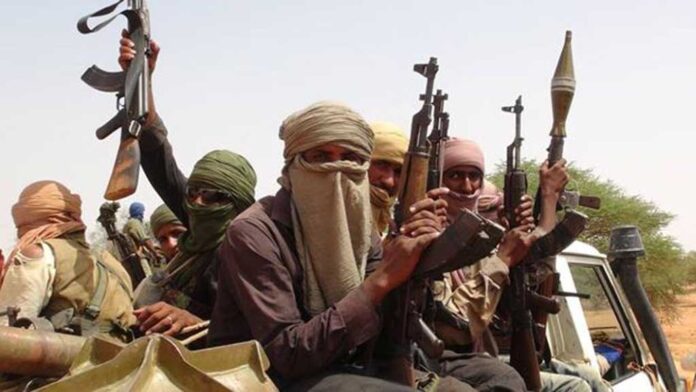Islamist militants killed at least 44 civilians and seriously wounded 13 others in an attack on a mosque in southwest Niger on Friday, the country’s defense ministry announced.
The assault took place during afternoon prayers in the village of Fombita, located in the rural commune of Kokorou near the tri-border area of Niger, Burkina Faso, and Mali—a hotspot of jihadist insurgency linked to al-Qaeda and the Islamic State.
In a statement late Friday, the defense ministry attributed the attack to the Islamic State in the Greater Sahara (EIGS) group.
Reuters has been unable to reach EIGS for comment.
Heavily armed militants surrounded the mosque, where worshippers had gathered for prayers during the Muslim holy month of Ramadan, and carried out what the ministry described as a “massacre of rare cruelty.”
After the attack, the assailants torched a market and several homes before retreating, according to the statement.
Troops deployed to the scene confirmed an initial death toll of 44 civilians, with 13 others severely injured. The government has declared three days of national mourning.
The jihadist insurgency in West Africa’s Sahel region began when Islamist militants seized territory in northern Mali following a 2012 Tuareg rebellion.
Since then, the violence has spread into Niger and Burkina Faso and more recently into coastal West African nations like Togo and Ghana.
Thousands have been killed, and millions displaced, as armed groups continue attacking villages, military posts, and convoys across the region.
The inability of governments to restore security contributed to two coups in Mali, two in Burkina Faso, and one in Niger between 2020 and 2023. All three countries remain under military rule despite international and regional calls for elections.
Since the coups, these nations have distanced themselves from traditional Western allies and turned to Russia for military support.



